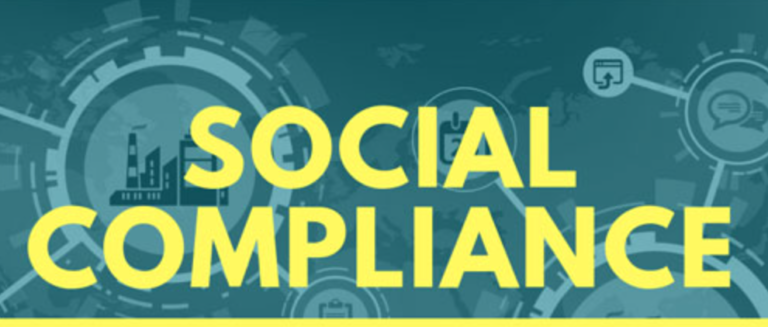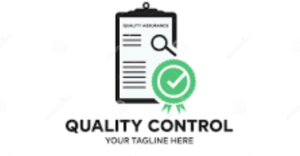In today’s interconnected world, businesses are not just accountable for their bottom line; they’re also responsible for their social impact. Enter the social compliance audit—a vital tool in ensuring that companies uphold ethical standards, respect human rights, and prioritize sustainability throughout their supply chains.
What exactly is a social compliance audit, and why does it matter?
At its core, a social compliance audit is an assessment conducted to evaluate a company’s adherence to social responsibility standards, such as labor laws, worker safety regulations, environmental practices, and ethical sourcing principles. These audits are typically conducted by independent third-party organizations to provide an unbiased evaluation of a company’s operations.
The significance of social compliance audits cannot be overstated. In an era where consumers are increasingly conscious of the ethical implications of their purchasing decisions, businesses face growing pressure to demonstrate their commitment to social responsibility. By undergoing regular audits, companies can identify areas for improvement, mitigate risks, and demonstrate transparency and accountability to stakeholders.
So, what does a typical social compliance audit entail?
During an audit, auditors examine various aspects of a company’s operations, including working conditions, employee wages and benefits, health and safety protocols, child labor policies, environmental impact, and supplier relationships. Through document reviews, interviews with workers and management, and on-site inspections, auditors assess compliance with relevant laws, industry standards, and ethical guidelines.
The ultimate goal of a social compliance audit is not merely to uncover violations but to drive meaningful change. By identifying areas of non-compliance or potential risks, companies can implement corrective actions, establish robust policies and procedures, and foster a culture of continuous improvement. Moreover, social compliance audits help build trust and credibility with consumers, investors, and other stakeholders, ultimately enhancing brand reputation and competitiveness.
In conclusion, social compliance audits play a crucial role in promoting ethical business practices, safeguarding human rights, and advancing sustainability goals. By subjecting their operations to rigorous scrutiny, companies demonstrate their commitment to corporate social responsibility and contribute to positive social and environmental outcomes. In an increasingly interconnected and socially conscious world, investing in social compliance audits is not just a matter of good business—it’s a moral imperative.









